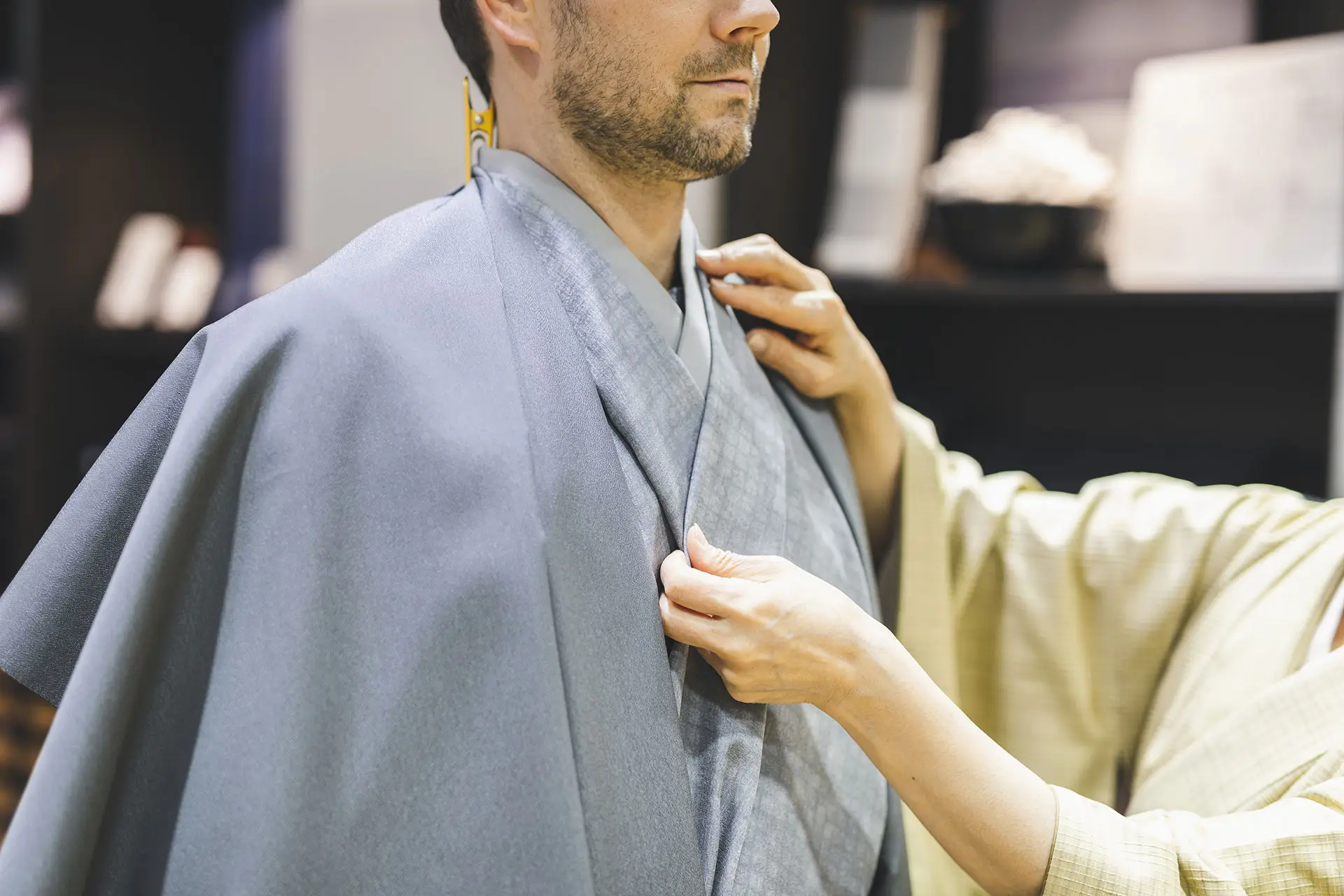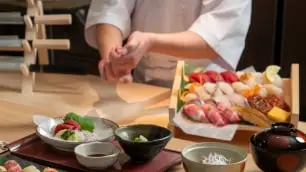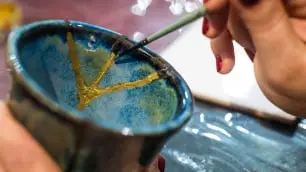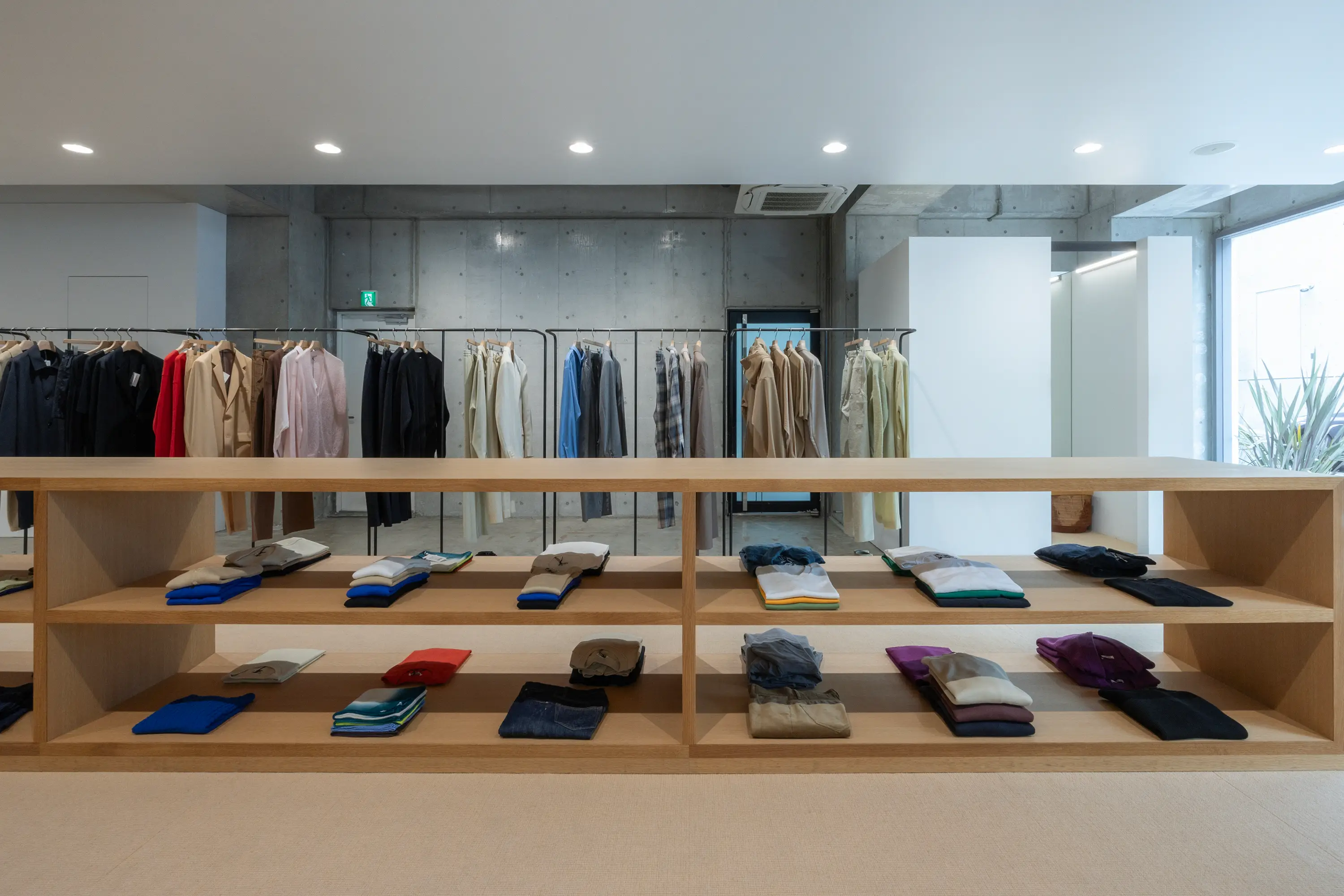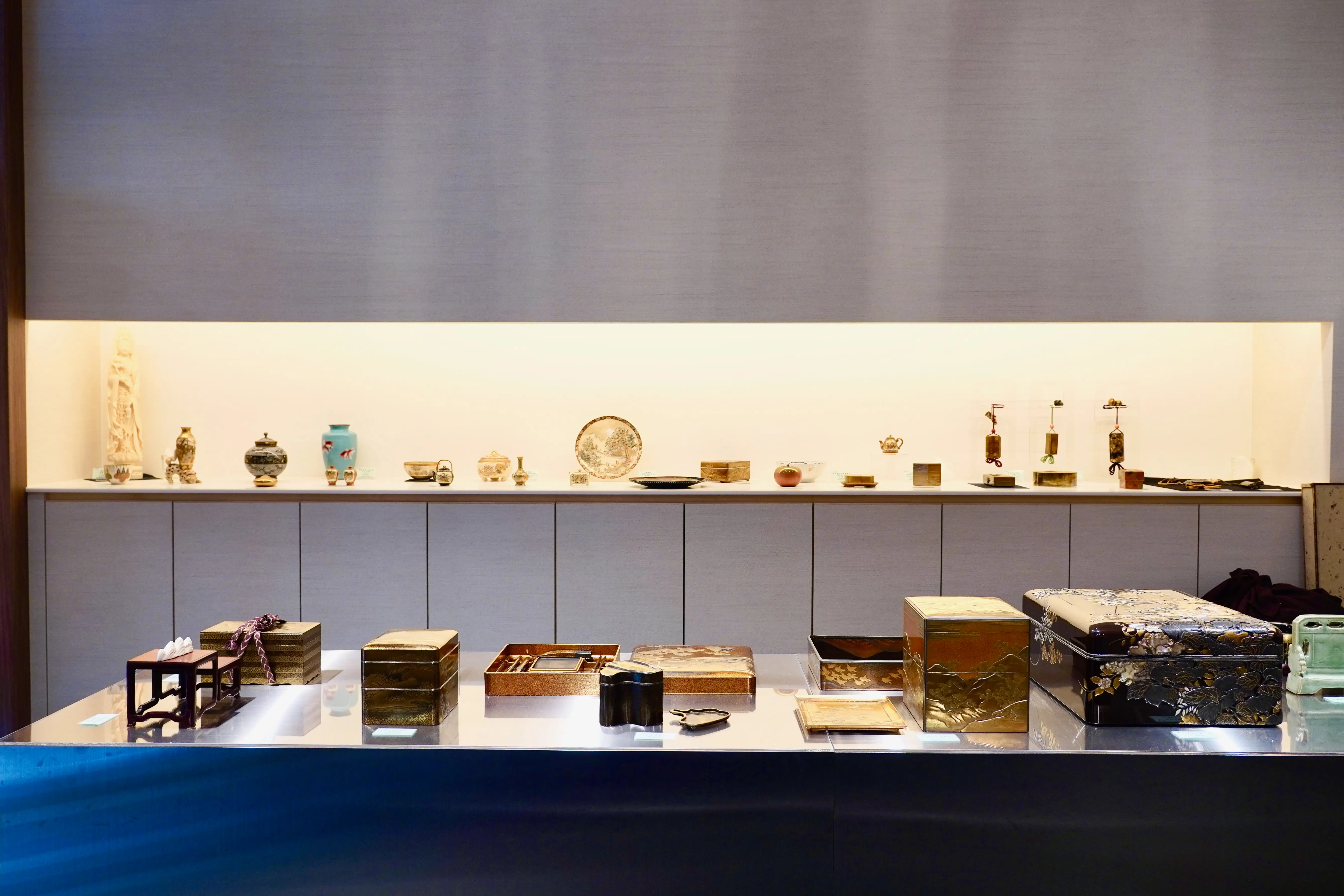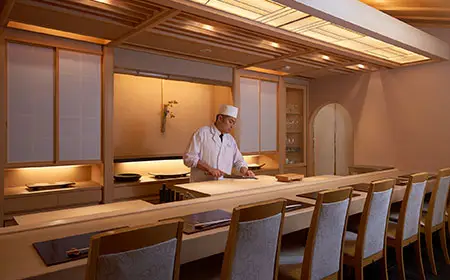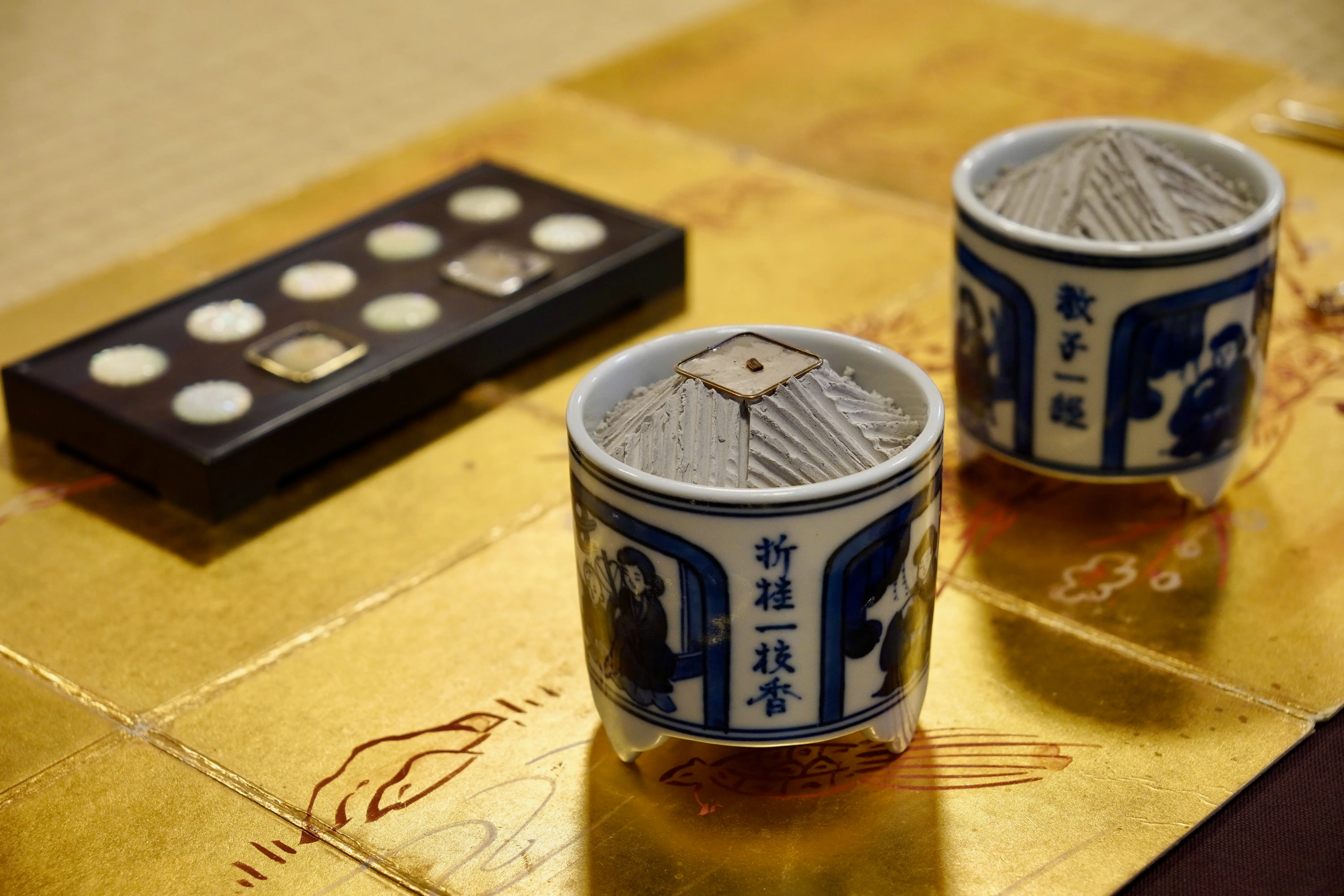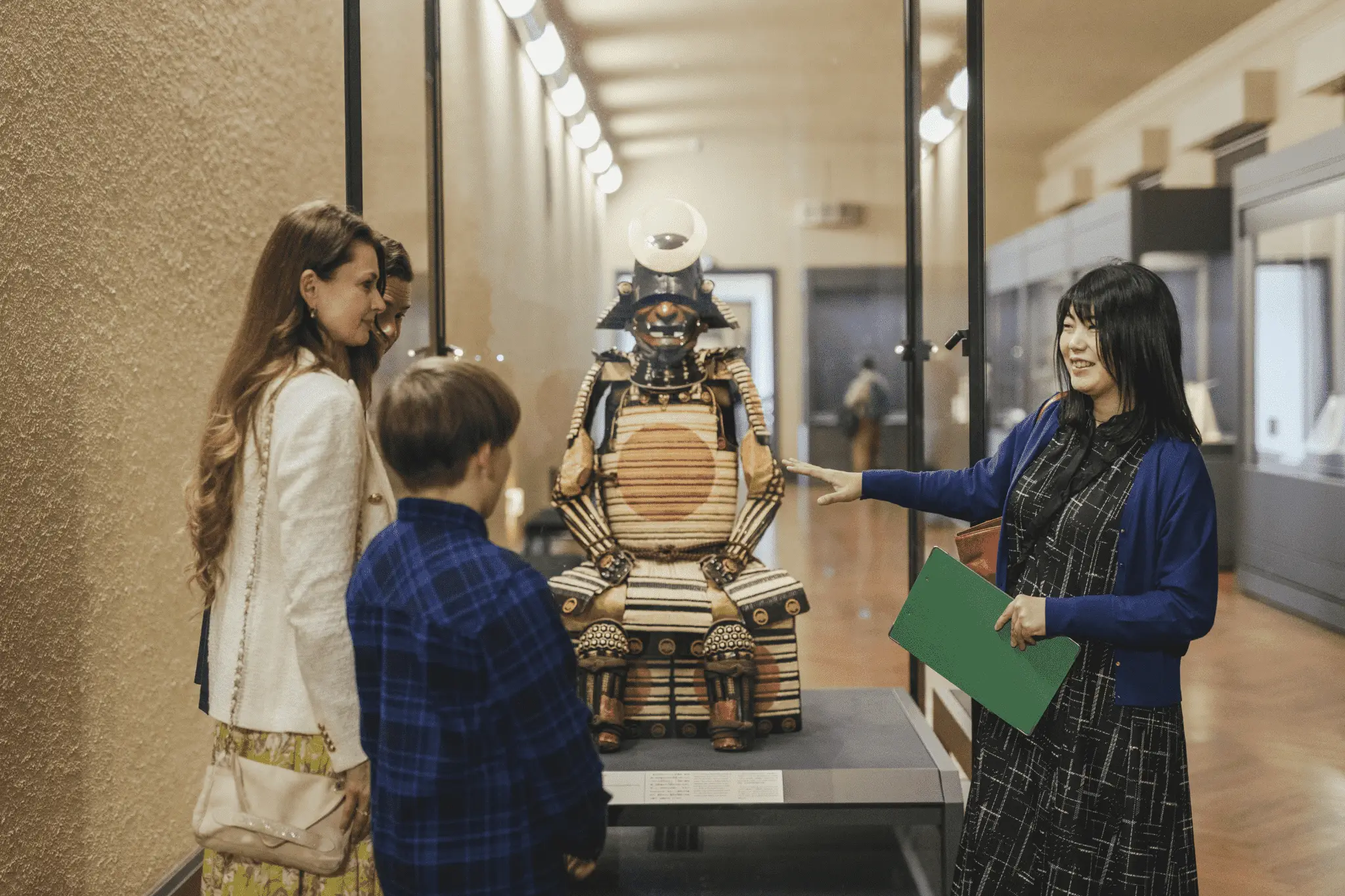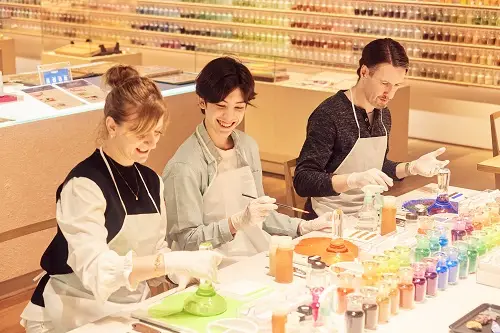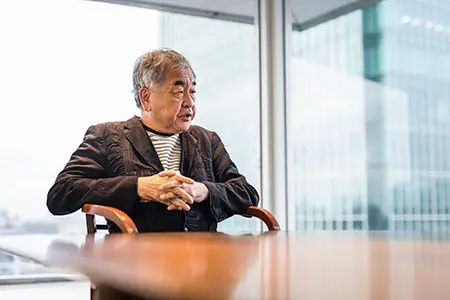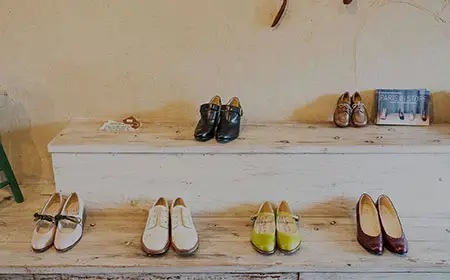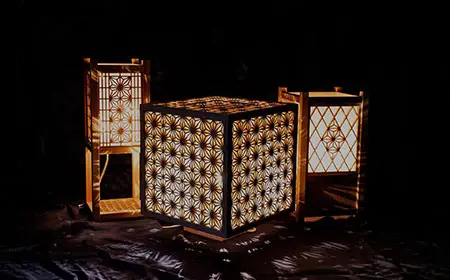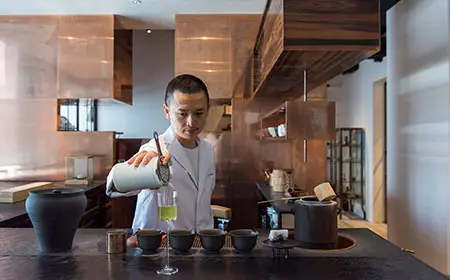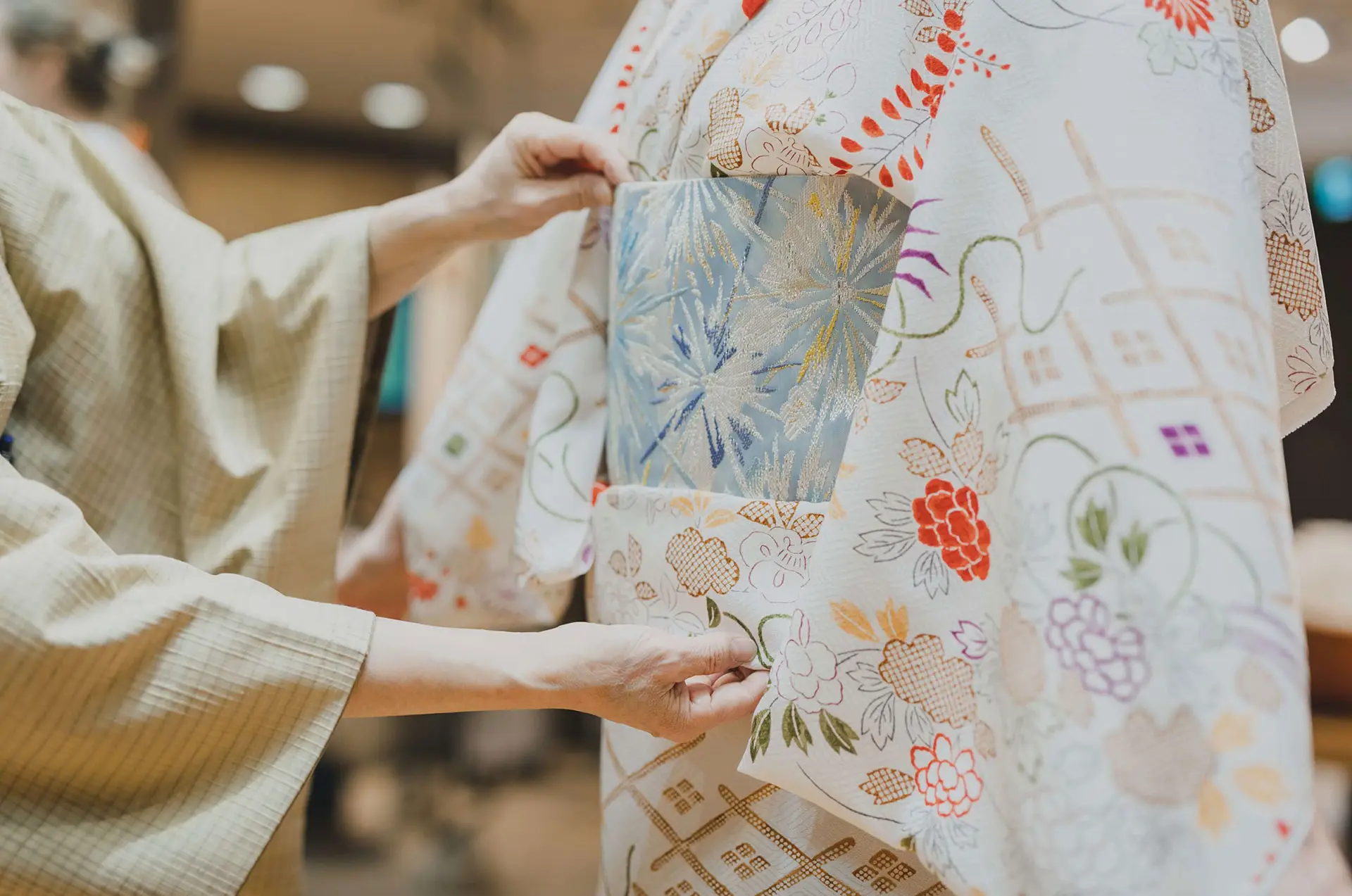
STORY FROM A SINGLE THREAD
Traditions handed down for over a thousand years and stories beginning with a single thread − kimonos embody Japan’s timeless devotion to craftsmanship, beauty and style. At Ginza Motoji, select your own hand-crafted fabrics to create your own personally fitted masterpiece.
The process of making kimonos takes time. About six months are spent from the cultivation of the raw materials and spinning of the yarn to the designing, weaving, and dyeing process to make the kimono. With a history of over 1,000 years, there are countless options of raw materials for kimonos, as well as dyeing and weaving techniques created and inherited throughout the country.

Tokyo offers the first-hand experience of kimonos made using the best methods in each step of the kimono-making process. The masterpieces, which are created by traveling to the finest craftsmen throughout Japan, are finally sold in Tokyo. Although kimonos are no longer worn daily, as Tokyo's globalization has accelerated in recent years, these exceptional kimonos are a way of Japanese self-expression and the ultimate form of formal clothing.

Ginza Motoji is a kimono retailer that has been based in Ginza, Japan's premier shopping area, for over 40 years. For those in search of exceptional kimonos, look no further than Motoji. What the shop values most is “the visibility of craftsmen”. The fabric sold at Motoji has the names of all of the people that were involved in its creation. Shop owner Komei Motoji explains, “A kimono begins with one thread, which goes back even further to the farmers who grow silkworms that spit these threads. We aren't kimono makers, so I believe our role is to help communicate the thoughts and values of both customers and producers to further develop the industry.” At Motoji, you are able to order a completely custom-made kimono or kimono fabric to decorate homes as well. Motoji is also an innovative retailer that is taking on new initiatives in the industry. With its development of the world's first male-only silkworm ‘Platinum Boy’ in 2007, the company was able to commercialize stronger and higher quality silk kimonos and went on to receive the ‘Minister of Agriculture, Forestry and Fisheries Prize’. On top of all that Motoji has to offer, second generation Keita Motoji, who studied fashion in London, will delightedly give you his best suggestions to showcase the finest techniques from all over Japan.
